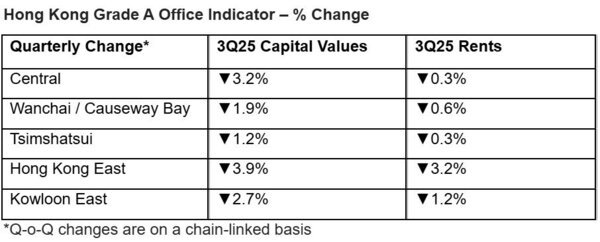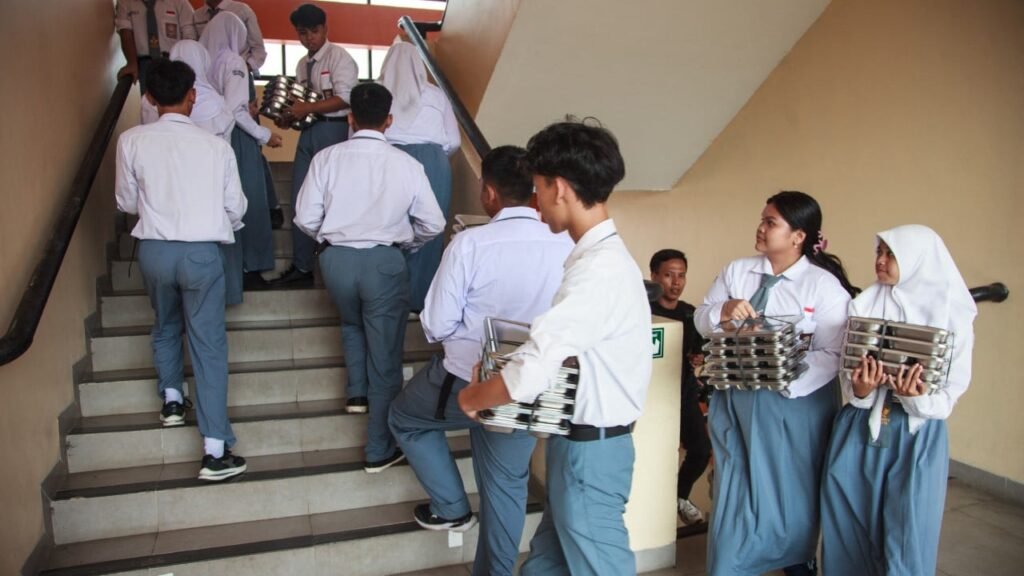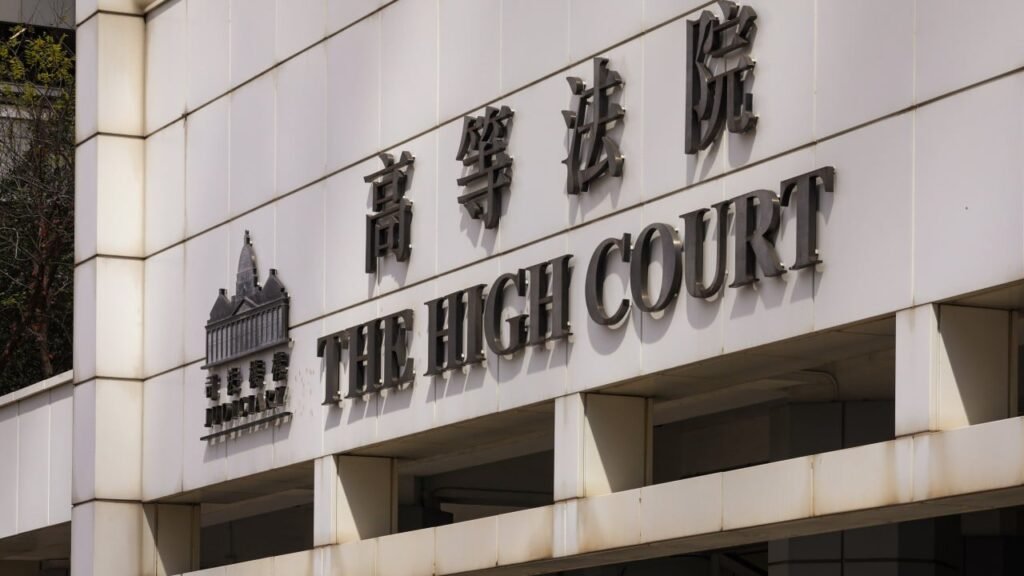Published on
October 21, 2025
By: Tuhin Sarkar

Air Astana has joined the ranks of global carriers like Air Canada, Finnair, ANA – All Nippon Airways, and Emirates in the International Air Transport Association (IATA) Integrated Sustainability Program. This significant step marks a commitment to advancing sustainable practices in aviation.
The IATA Integrated Sustainability Program (ISP) offers airlines a framework to manage and improve their environmental, social, and governance (ESG) efforts. By participating in this program, Air Astana and its peers aim to lead the way in sustainability, driving meaningful change across the aviation sector. Travel And Tour World encourages readers to explore the latest developments in this transformative initiative.
The International Air Transport Association (IATA) has launched the Integrated Sustainability Program (ISP) at the IATA World Sustainability Symposium (WSS) in Hong Kong. This groundbreaking certification program provides airlines with a robust framework for sustainability management, focusing on environmental, social, and governance (ESG) measures. Built upon the successful IATA Environmental Assessment (IEnvA), ISP is designed to empower airlines with the tools, training, and certifications they need to enhance their sustainability efforts and demonstrate their commitment to a greener aviation future. This program is set to transform the way airlines manage and assess their environmental footprint.
ISP: A Comprehensive Framework for Airline Sustainability
IATA’s Integrated Sustainability Program (ISP) is a forward-thinking initiative that builds on the IEnvA framework, offering a comprehensive sustainability management and assessment system. ISP is specifically tailored to the needs of airlines, providing a clear pathway for airlines to measure, manage, and improve their sustainability efforts across four key modules: environmental management, sustainable procurement, social responsibility, and sustainability performance. Airlines can pursue certification in one or more of these modules, allowing them to tailor their sustainability journey to their unique needs and priorities.
The certification process is rigorous, with a two-year cycle of independent assessments, ensuring that airlines remain committed to sustainability over the long term. The ISP program aims to offer airlines a practical and measurable way to align their operations with global best practices in sustainability, providing transparency for regulators, customers, and stakeholders. With this comprehensive framework, IATA seeks to drive meaningful change in the aviation sector, ensuring that airlines are equipped to meet the growing demand for sustainable practices in the industry.
Environmental Management: A Focus on Reducing Aviation’s Footprint
One of the core modules of the ISP is environmental management, which integrates the principles of ISO 14001:2015 to help airlines assess and manage their environmental footprint. This includes reducing emissions, managing waste, conserving water, and addressing noise and pollution issues. By incorporating the IEnvA program into ISP, airlines are better equipped to assess their environmental impacts and take targeted actions to reduce their carbon footprint. Airlines already certified under IEnvA will seamlessly transition into the ISP framework, with the option to expand their certification to include other modules, such as sustainable procurement or social responsibility.
This module helps airlines manage compliance obligations and develop management plans to address key environmental issues. By improving their environmental performance, airlines can demonstrate their commitment to sustainability and meet the increasing expectations of regulators, customers, and investors. As the aviation sector continues to evolve, the ISP’s environmental management module provides airlines with the tools they need to meet the global sustainability goals that are shaping the future of aviation.
Sustainable Procurement: Setting New Standards in Aviation
A groundbreaking feature of the ISP is the inclusion of sustainable procurement standards, aligned with ISO 20400:2017. For the first time, this module brings these sustainability principles to the aviation industry, enabling airlines to assess and improve the sustainability of their supply chains. By incorporating sustainable procurement practices, airlines can ensure that the goods and services they purchase align with their sustainability goals and contribute to reducing the environmental and social impacts of their operations.
The sustainable procurement module encourages airlines to evaluate the sustainability of their suppliers and ensure that the products and services they procure meet the highest environmental, social, and governance standards. This module is an important step towards creating a more sustainable aviation industry, as airlines increasingly focus on making responsible purchasing decisions that have a positive impact on both the planet and society.
Social Responsibility: Empowering Airlines to Make a Difference
The social responsibility module of the ISP integrates ISO 26000:2010 and the UN Guiding Principles on Business and Human Rights, providing airlines with a structured approach to addressing social risks and opportunities. This module helps airlines map out their social responsibility efforts, focusing on areas such as customer protection, human rights, community engagement, and service improvement. By taking action on social issues, airlines can enhance their reputation, build stronger relationships with customers, and create a positive impact on the communities they serve.
This module also supports airlines in establishing due diligence processes to ensure that their operations are aligned with global human rights standards. With sustainability becoming an increasingly important factor in consumer decision-making, airlines that integrate social responsibility into their operations will be better positioned to attract and retain customers who value ethical and responsible practices.
Sustainability Performance: Measuring and Reporting Progress
The sustainability performance module of the ISP enables airlines to measure and track their progress in environmental, social, and governance (ESG) areas. This module provides airlines with the tools they need to monitor their sustainability performance and report transparently on their achievements. By following the ISP framework, airlines can ensure that their sustainability efforts are aligned with evolving regulatory, customer, and investor expectations.
Through regular assessments and performance tracking, airlines can identify areas for improvement and make data-driven decisions to enhance their sustainability efforts. This module is crucial for airlines that want to stay competitive in a rapidly changing industry and demonstrate their commitment to sustainability to stakeholders across the globe.
The ISP was shaped in close collaboration with leading airlines and aviation stakeholders like Air Astana, Air Canada, Air New Zealand, Air Serbia, Airbus, ANA – All Nippon Airways, Emirates, EVA Air, Finnair, Gulf Air Group, International Airlines Group (IAG), Kenya Airways, Malaysia Airlines, Qatar Airways who have played a pivotal role in piloting and refining the program’s standards and guidance. These include:
- Air Astana
- Air Canada
- Air New Zealand
- Air Serbia
- Airbus
- ANA – All Nippon Airways
- Emirates
- EVA Air
- Finnair
- Gulf Air Group
- International Airlines Group (IAG)
- Kenya Airways
- Malaysia Airlines
- Qatar Airways
Air New Zealand and EVA Air: First Movers in Sustainable Procurement
At the IATA World Sustainability Symposium in Hong Kong, IATA also announced that Air New Zealand and EVA Air are the first airlines to receive certification under the ISP’s Sustainable Procurement module. Air New Zealand’s Chief Sustainability and Corporate Affairs Officer, Kiri Hannifin, emphasized the importance of working with suppliers to create better outcomes for people and the planet. “By backing IATA’s new ISP, we want to play our part to help lift standards across aviation, and demonstrate that doing what’s right is about doing good business,” said Hannifin.
EVA Air’s Chief Sustainability Officer, Jason Liu, also celebrated the airline’s achievement, noting that the certification reflects their commitment to integrating sustainability into procurement practices and building a more resilient supply chain. The certifications of these two airlines highlight the growing importance of sustainability in the aviation industry and set a benchmark for other carriers to follow.
Future Development: Expanding ISP Across the Aviation Sector
While the ISP is currently available only to airlines, IATA plans to expand the program to include ground handlers, cargo handlers, airports, maintenance, repair and overhaul (MRO) providers, and caterers. As the program evolves, it will provide a comprehensive framework for the entire aviation ecosystem to integrate sustainability into their operations. This expansion will help ensure that sustainability is embedded in all aspects of the aviation industry, from airlines to ground services, creating a more sustainable and resilient aviation sector.
IATA’s commitment to sustainability is evident in its ongoing efforts to engage a broad spectrum of industry participants and stakeholders. The ISP will continue to evolve, ensuring that industry standards, guidance, and certifications remain practical and impactful in driving sustainability across the aviation industry.
Conclusion: ISP Sets the Standard for a Sustainable Future in Aviation
The Integrated Sustainability Program launched by IATA is a significant step forward in promoting sustainability within the aviation industry. By offering airlines a comprehensive framework for managing their environmental, social, and governance efforts, the ISP enables airlines to align their operations with global best practices and meet the growing demand for sustainable travel. As airlines continue to face increasing pressure to improve their sustainability performance, the ISP provides a valuable tool for achieving long-term success. With the support of industry leaders like Air New Zealand and EVA Air, IATA’s ISP is poised to set a new standard for sustainable aviation practices worldwide.







